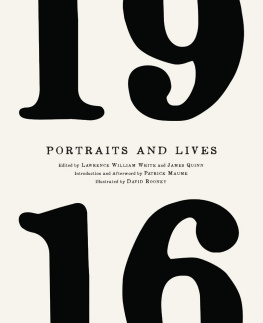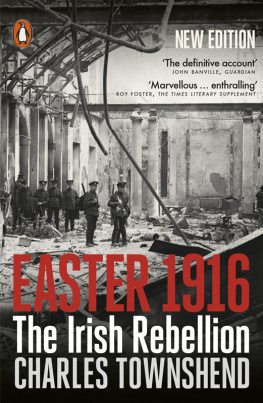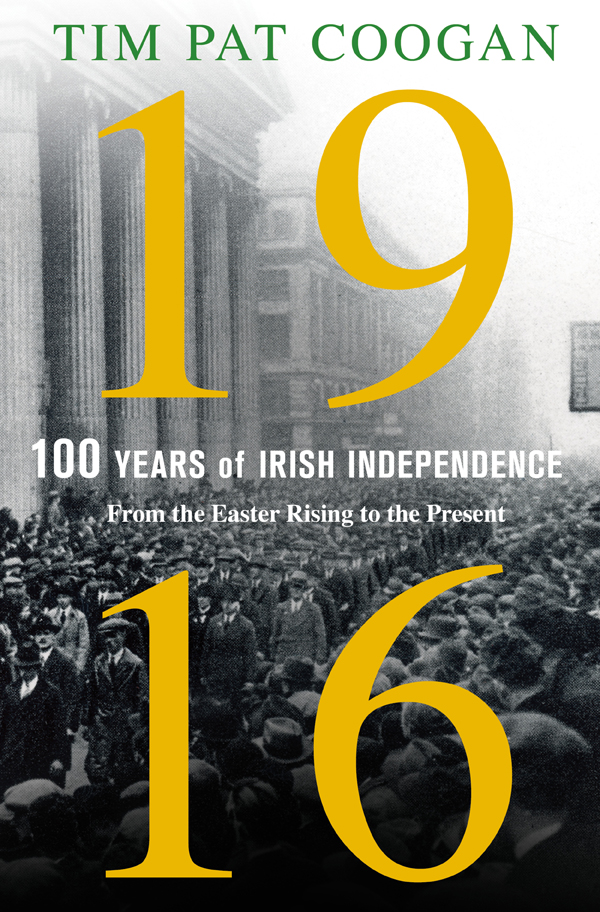Contents
Guide

The author and publisher have provided this e-book to you for your personal use only. You may not make this e-book publicly available in any way. Copyright infringement is against the law. If you believe the copy of this e-book you are reading infringes on the authors copyright, please notify the publisher at: us.macmillanusa.com/piracy.
The anniversary of the events of Easter 1916 will, understandably, be a time of justifiable national pride and commemoration, but it should also be a time of national self-examination. We are currently passing out of the worst crisis to hit the Irish state since independence and there is a natural tendency on the part of official Ireland to accentuate the positive and play down negative statistics and uncomfortable truths. However, it would be a gross insult to the memory of the leaders of the 1916 rebellion and a betrayal of the idealism of those who took part in or supported the Rising to allow a rose-tinted view of modern Ireland to prevail over the uncomfortable realities of what has happened in this country in the years approaching the centenary.
In post-war Ireland, as the revolutionary generation aged and became increasingly unable to deal with the very real problems of emigration and unemployment, and the strictures of Mother Church grew ever more irksome, it became commonplace for criticisms of the Establishment to be referred to as letting down the country. No such approach can be tolerated nowadays. A grim and unpalatable statistic, which is never alluded to in the jargon-laden commentaries about recovery and improved economic performance, is the fact that the number of people who have committed suicide in the seven or eight years since the financial crisis of 20078 is higher than the total of those killed in the thirty years of Northern Irelands Troubles.
Those responsible for creating the climate of austerity that sapped the will to live of so many decent Irish men and women, mainly the banking community and to a degree the accountancy, legal and political elites, have at the time of writing escaped virtually scot-free. Had the miscreants been pursued for reckless trading and/or neglect of their fiduciary responsibilities as directors of banks and financial institutions, those of their number who felt disposed to read this book would have had to do so courtesy of a prison library.
Instead, in the unlikely event of their wishing to turn these pages, they are likely to be doing so either on holiday or in their comfortable homes. Obscenely inflated pension settlements and golden handshakes have accompanied a fortunate few decision-makers into luxurious retirement, while emigration, unemployment, poverty and even suicide have been the bitter fate of the many. Homelessness is on the increase. On the one hand building costs are too high and, as a result, not enough homes are being built; on the other, rented accommodation soars in cost so that more and more people men, women and children find themselves on the streets. The doctrine of women and children first meant that the helpless were the first to feel the pain of slashed state benefits and the loss of support for either challenged children in the classroom or the aged in care. Apart from the destruction of pensions and the savings of retired taxpayers, whom glib stockbrokers induced to place their money in the shares of their golfing companions banks, the state added further privations such as the withdrawal of medical cards for many over the age of seventy.
These miseries and many many more have occurred almost in direct proportion to the extent to which successive governments in the late 1990s and early 2000s colluded with bankers, developers and lobbyists to depart from any semblance of the idealism that permeated the 1916 leadership.
And how were the guilty men treated?
The response of official Ireland recalls George Bernard Shaws caustic definition of a government commission being like a man going to the lavatory. It sits. For a long time nothing is heard; then there is a loud report and the matter is dropped.
As will emerge from these pages the setting up of a spate of tribunals was the chosen response to many of Irelands ills before the crash. As this book was being written, a government-sponsored banking inquiry is being conducted by parliamentarians who quiz as many of those with either an involvement in or an opinion on the crash as can be summoned.
Amidst the expressions of regret, obfuscations and denials of culpability which have flowed from the inquiry exercise, one comment stands out: it was made by Ms Eithne Tinney, a lady who served on the upper slopes of finance. She observed that she saw no real sense of guilt amongst bankers and said that if left unchecked it could happen all over again.
Her words have been given added weight by the fact that one side effect of recovery has been the rapid acceleration in house prices around Dublin and some cities outside it, prompting fears that another property bubble could well be in the making.
This is obviously undesirable, but the really dangerous nub of the situation lies in what Ms Tinney had to say about bankers being ready, willing and able to repeat the sins of the past. For it is not merely that the banking crash highlighted the fact that the winds of testosterone blew through banks boardrooms in what were termed the Celtic Tiger years prior to the crash.
There is a twofold and deep-rooted problem here. One is the fact that Ireland was allowed to become a happy hunting-ground for the multinationals whose profits, garnered elsewhere, as well as in Ireland, could be rerouted through Dublin back to the US in ways that avoided standard taxation. President Obama has made a strong public attack on Irish taxation policies not at all the soothing tones the Irish have come to expect from the White House, but certainly tones the Irish can expect to hear in the future, to judge from the hard line taken by the US Treasury towards Ireland when the country was floundering in its attempts to bail out the banks.
As education and the effects of TV and social media spread, the Irish have clawed back from the Church a number of freedoms in the area of personal morality. A marked liberalization has occurred in the legalization of contraception, divorce and same-sex marriage. The abortion taboo is increasingly being questioned. In education, moves are afoot to provide school places for children without forcing their parents to have them hypocritically baptized as Catholics so that they can access state schools which, for historical reasons, are still controlled by the Church.
But there are elements of I was hungry and ye founded a study group about all this. When it comes to feeding the hungry, or assisting the homeless, it is very often the Church which is still relied upon to fill the gaps left by state policy. The legendary Brother Kevin Crowley and his Capuchin confreres at the Capuchin monastery in Dublin keep alive both the spirit of St Francis and the memory of the parable of the loaves and fishes as, somehow, in the midst of privation, an ever-rising tide of free meals and food parcels flows out daily from the monastery to an unfortunately ever-growing army of the needy. On the housing front it is a Jesuit, Father Peter McVerry, who champions the plight of another ever-growing army which calls out daily, but without McVerry would scarcely be heard the homeless. Thus, in the midst of real and disgraceful examples of Church misbehaviour, is witness given that the beating heart of goodness within the Irish Church is not yet stilled.


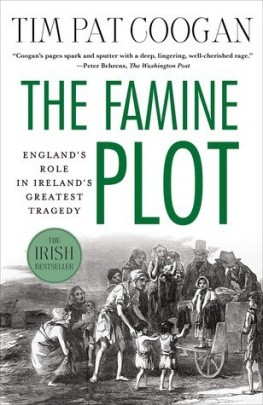
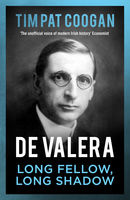
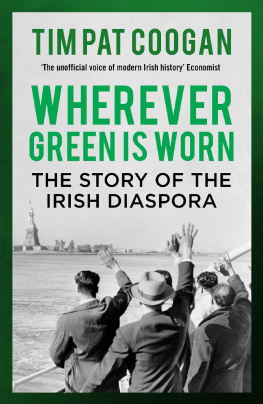
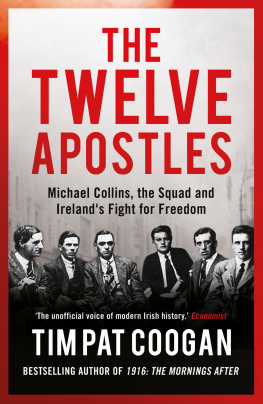
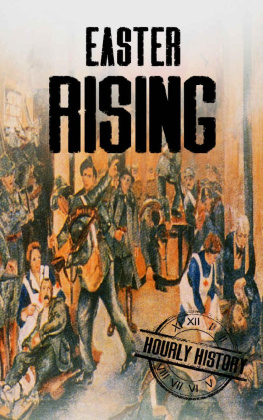
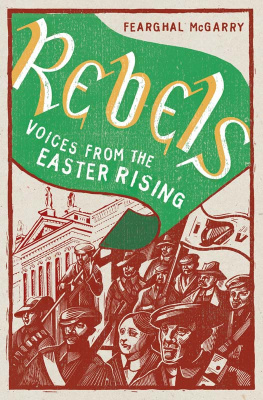
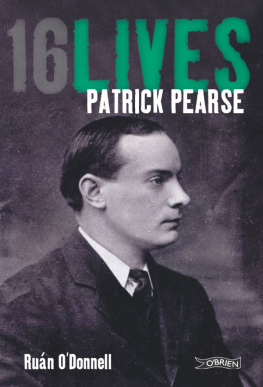
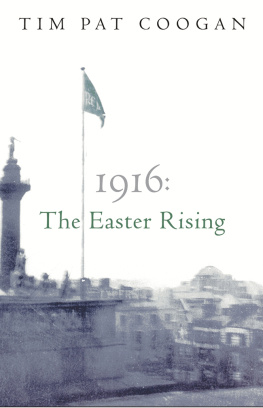
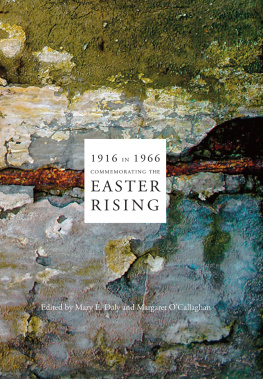
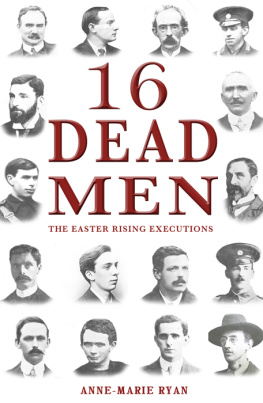
![Lorcan Collins [Lorcan Collins] - 1916: The Rising Handbook](/uploads/posts/book/143326/thumbs/lorcan-collins-lorcan-collins-1916-the-rising.jpg)
